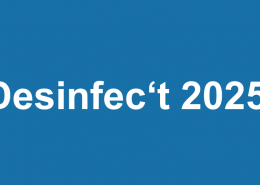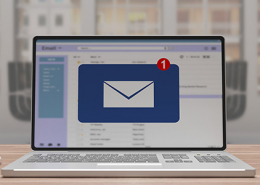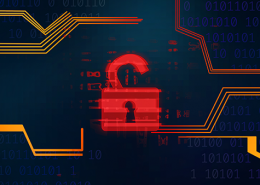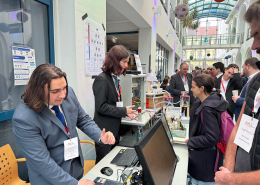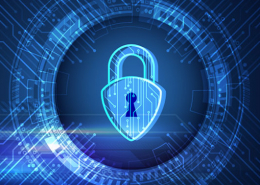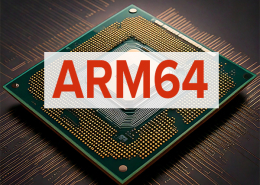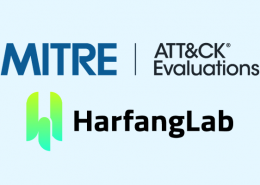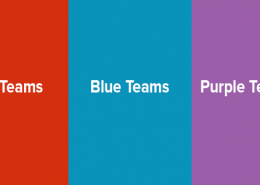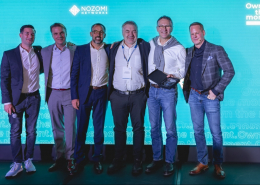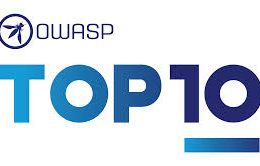 https://www.ikarussecurity.com/wp-content/uploads/2025/06/OWASP-Top-10.jpg
166
304
IKARUS
https://www.ikarussecurity.com/wp-content/uploads/2025/02/IKARUS-Security-Software-4-1.png
IKARUS2025-06-18 14:37:552025-06-20 11:03:57OWASP Top 10 for LLMs: New Security Challenges due to AI
https://www.ikarussecurity.com/wp-content/uploads/2025/06/OWASP-Top-10.jpg
166
304
IKARUS
https://www.ikarussecurity.com/wp-content/uploads/2025/02/IKARUS-Security-Software-4-1.png
IKARUS2025-06-18 14:37:552025-06-20 11:03:57OWASP Top 10 for LLMs: New Security Challenges due to AIIoT (Internet of Things), IIoT (Industrial Internet of Things) and ICS (Industrial Control System) have become common abbreviations and terms. But what exactly do they mean? What was there first, what are their similarities and how did they differ?
An Industrial Control System (ICS) is integrated hardware and software that monitors and controls the operation of machines and related equipment in industrial environments. Technologies used for ICS include Distributed Control Systems (DCS), Programmable Logic Controllers (PLCs), and Supervisory Control And Data Acquisition (SCADA).
The sharp separation of these systems is becoming more and more prevalent. Remote-control telemetry systems that are accustomed to changes in input, are increasingly developing local control capabilities. Besides, information technologies (IT) and operational technologies (OT, Operational Technologies) are converging. In retrospect, ICS were never networked – many devices for monitoring or adaptation had no computing units. Those who already had their own computers typically used proprietary protocols and PLCs (Power Line Communication) rather than being fully computerized.
The Internet of Things (IoT) includes devices for measuring, monitoring and controlling physical devices with cloud-based processes. The focus shifts from visibility, operational performance and productivity towards the driver of innovations in hybrid business models. Intelligent building services, intelligent security systems, real-time tracking tools and monitoring systems, networked production facilities, wearables, etc. – these are examples of IoT that are already in widespread use.
The establishment of Industrial Internet of Things (IIoT) in industrial companies has proven to be a very complex topic. Different technologies have to be brought together: machine learning, big data, M2M communication, artificial intelligence (AI), cloud platforms, robotics or automation, to name just a few examples. The interaction between IIoT and IoT reveals that digitization, wireless networks and automated sensors are leading the operating and manufacturing processes and have become an indispensable part of Industry 4.0. In manufacturing, IIoT can establish an intelligent factory, improve building management or monitor production flow. IIoT is changing inventory management and proactive quality control, optimizing warehousing and security aspects as well as supply chain management.
IoT and IIoT differ in some aspects. They are by no means the same, but two parallel technologies that use the same standard protocols and sometimes taker over each other’s concepts. They often have the same interface, intelligence, and agility. Nevertheless, they have different operational processes, principles, users, and goals.
Despite many benefits of modernizing enterprise technologies and IT / OT convergence, there are certain disadvantages in terms of security. The challenge is that the networking of production systems, machinery and equipment is progressing faster than their security measures. The integration of legacy systems without integrated cyber-security mechanisms proves to be particularly problematic. They would have to be reworked, modified or retrofitted, but often lack the necessary tools, resources, risk awareness and IT and domain-wide know-how. Thus, supposedly safe OT systems open the backdoor for espionage and sabotage. Therefore, businesses in all industries should rapidly seek an enterprise-wide, unified IoT, ICS and cyber security strategy to implement a new, holistic defense and protection paradigm.

